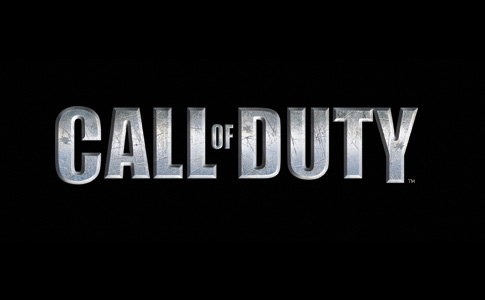Violent video games affect mental health
April 8, 2015
Controversy over violent video games dates back to 1976, when the arcade game “Death Race” was pulled from markets after being criticized for promoting violence. In the game, players run over monsters with a car. More recently, first-person shooter games, including “Call of Duty” and “World of Warcraft,” have sparked research into the effects of violent video games on mental health. After tragedies such as Columbine and Newtown, many question whether violent games lead to an increased likelihood of civilian violence.
In 2002, Iowa State University professors Brad J. Bushman and Craig A. Anderson published a study showing that playing violent video games increases aggression levels. The 224 participants were asked to play either a violent or non-violent video game. After gameplay they were to listen to a story and choose an appropriate ending. Those who played the violent game were more likely to give an aggressive or violent ending to the story. Bushman and Anderson’s study suggests that violent games teach children to react aggressively when they feel wronged.
However, in the March 2014 edition of the Journal of Personality and Social Psychology, Oxford University researcher Andrew Przybylski noted that all video games cause increased levels of aggression, regardless of the video game’s content. He argues that players feel frustration after losing any video game, a phenomenon known in the gaming world as rage-quitting.
Violent video games glorify excessive violence and trivialize death. This could, in turn, desensitize players to the consequences of brutal violence. Even so, violent video games cannot be the sole culprit. Mental health is dictated by genetics, familial situations, peer networks, school environments, workplace conditions and several other factors. While first-person shooter games might add to poor mental health and increased levels of aggression, they are not the only contributors.
The video game industry can help alleviate these effects by clearly labeling game packages with the amount of violence in each game. Games can also give players the option to opt-out of the games’ more disturbing aspects and include disclaimers to remind players that actions within the game should not be imitated in real life. The video game industry should also target its advertising campaigns toward older gamers, who might be less impressionable than younger children and teens.
A version of this article appeared in the Thursday, April 9 print edition. Email Jessica Tien at [email protected]

